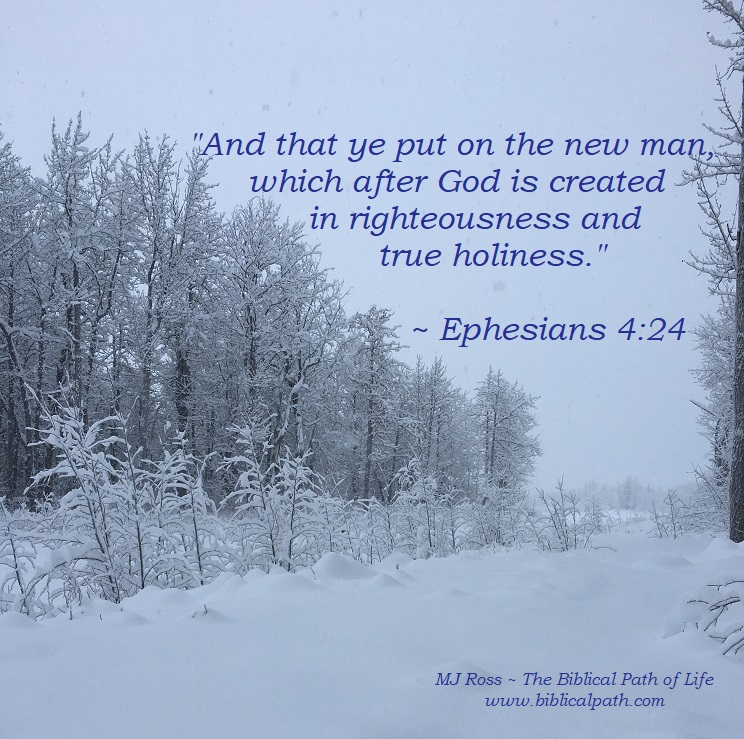
“Study to shew thyself approved unto God, a workman that needeth not to be ashamed, rightly dividing the word of truth.”
2 Timothy 2:15
Daniel was faithful to God throughout the captivity days of Judah in Babylon. Not only did God give him the gifts of wisdom, knowledge, understanding, and interpreting dreams, but God also gave him many visions of what would happen in the future.
Daniel read God’s Word that had already been recorded. As he read Jeremiah 25:11-12, he understood that it was a confirmation of a prophecy from Leviticus 26:33-35. He realized that God had promised that after seventy years, the captivity in Babylon would end, and God’s people would get to go home (see Daniel 9:2). Daniel also recognized that the captivity was because of the people’s sin. When Daniel read God’s plan, he understood God’s will for him. He did what God said to do; he prayed for forgiveness of sin. Read how his prayer began. “3. And I set my face unto the Lord God, to seek by prayer and supplications, with fasting, and sackcloth, and ashes: 4. And I prayed unto the LORD my God, and made my confession, and said, O Lord, the great and dreadful God, keeping the covenant and mercy to them that love him, and to them that keep his commandments; 5. We have sinned, and have committed iniquity, and have done wickedly, and have rebelled, even by departing from thy precepts and from thy judgments” (Daniel 9:3-5). Read Daniel 9:3-21 for the entire prayer. It was important that Daniel was in God’s will (to immediately repent and pray) so that he would be in a position for God to reveal Himself to him. It is after this prayer that God revealed to Daniel some of the most specific details about God’s plan of redemption.
After recognizing that Daniel was a great student of God’s Word, we should realize that this was imperative in his understanding of what God was doing in his life and the life of his nation. The more he read God’s Word, the more God revealed understanding to Daniel. Daniel knew that God had a plan, and His plan would come to pass. Daniel is probably the most outstanding character of the Old Testament, yet we have recorded Daniel’s personal confession as he threw himself upon the mercy of Almighty God. The more holy a person is, the more that one will be more conscious of his unholiness. It is then one humbles himself completely before God. This is the condition one must be in to truly hear from God and recognize the plan God has for that life.
Daniel understood God was moving in the lives of His people. He could do nothing to help, but he recognized the importance of praying according to God’s will. We are to recognize that God has a plan in this day. Although we might not see anything we can do in it, we do have a personal responsibility to pray that God’s will is done in all things. It may be then that God can reveal His specific plan for you.
See only a few of the things that we should learn from the life of Daniel:
- to be faithful to speak God’s Words to others;
- to not compromise our walk with the Lord;
- to trust God’s protection of our life while we serve Him;
- to be faithful to read God’s written word (the Bible), knowing that God will reveal Himself and His plans to His people.
Christians must be very careful to not become guilty of spiritual pride – too proud to confess our sin. It is necessary to continually examine our lives and make sure there is nothing hindering our fellowship and communion not only with God, but with His people. “If we confess our sins, he is faithful and just to forgive us our sins, and to cleanse us from all unrighteousness” (1 John 1:9). Remember David. Although he sinned greatly (recorded for us to recognize), he had learned to repent and say “I have sinned” and he was known as a “man after God’s own heart” (see 1 Samuel 13:14 and Acts 13:22).
Throughout the Bible, we recognize a principle that the more we study God’s written Word, the more God gives us of His revelation. The more we exercise ourselves in knowing His will, the more He reveals His will to us. God reveals Himself and His plans to those who belong to Him – just as He did to Daniel. “Study to shew thyself approved unto God, a workman that needeth not to be ashamed, rightly dividing the word of truth” (2 Timothy 2:15). (See also 1 Corinthians 2:12-13.) Today, we need to read the Bible for answers.
The events in lives of people recorded in the Bible are nothing if we do not turn them into personal examples of how God expects each and every one of His children to live. We can read about Daniel, acknowledging that God was able to use him mightily to reach kings of enemy nations, revealing God to them – all because Daniel was committed to reading God’s Word and to walk with God, daily.
Daniel was truly a mighty example of a man who consistently walked with God.
Do people recognize you as one who studies God’s Word and consistently walks according to His plan?




